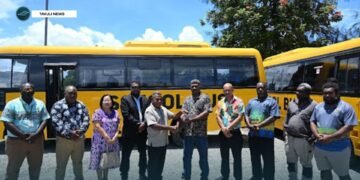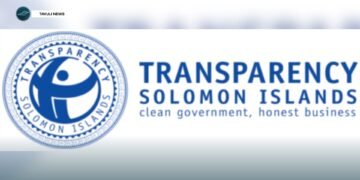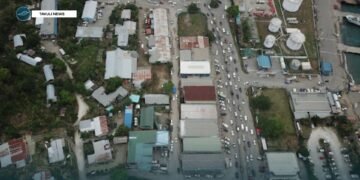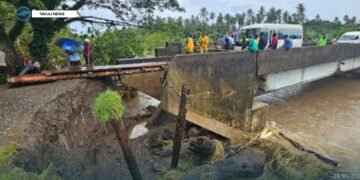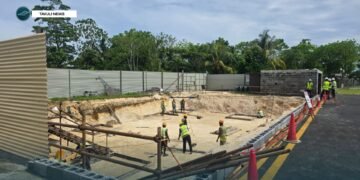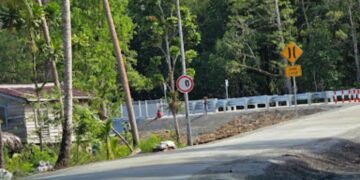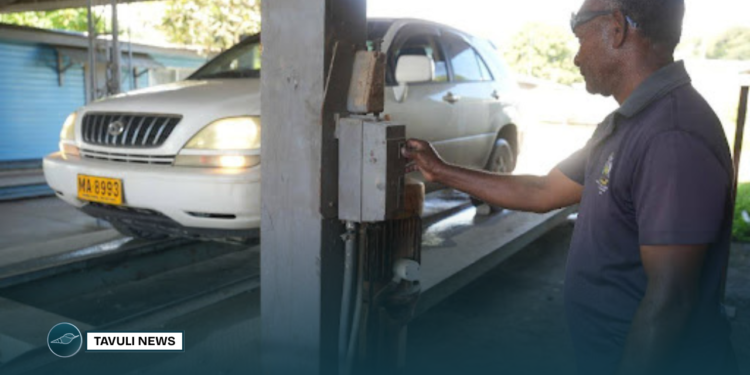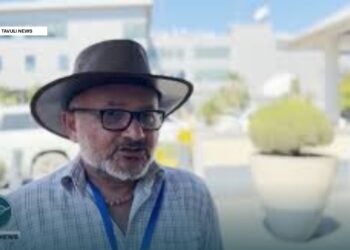Efforts are underway to revive Solomon Islands’ vehicle inspection facility and improve national road safety standards.

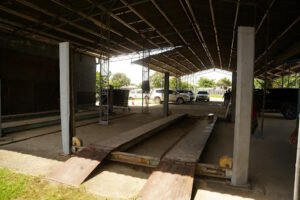
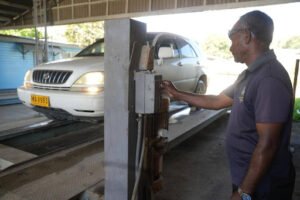
The Vehicle Inspection Unit at the Ministry of Infrastructure Development (MID) is undertaking tentative steps to rebuild the once-bustling inspection facility, aiming to restore it to its former vibrancy and efficiency. The site, which experienced disorganization following the ethnic crisis, is undergoing revitalization with a clear vision: to bring back the high standards of vehicle inspection.
Principal Vehicle Inspector Joe Topi, who has served in the Mechanical Works Department since 1988, reflects on the changes over the years.
“Times have changed, as has technology. It is high time we integrate the latest innovations into our vehicle inspection processes,” he said.
The unit inspected between 60 and 90 vehicles daily.
“This work is tiresome, especially with the increasing number of vehicles on the road. We need more manpower to keep up,” Mr. Topi added.
The unit regularly recruits apprentices from vocational and rural training centres, including Solomon Islands National University’s (SINU) Department of Automotive Engineering, Don Bosco, and other institutions.
“These young professionals perform exceptionally well, and as part of our commitment to the government, we support them in their early career development,” Mr. Topi emphasized.
The unit also promotes gender inclusion within its workforce, encouraging women to participate in vehicle inspection roles. They also continue to refine their inspection checklist and improve the booking process for vehicle owners. Vehicles that do not meet the safety standards must be repaired and re-inspected. The inspection fee remains affordable compared to other services.
“Our goal is to help vehicle owners ensure their cars are safe for travel. We’re not trying to penalize our clients but to promote safety on our roads,” Mr. Topi explained.
“Owners should prepare their vehicles before paying the inspection fee, and we maintain road safety being our top priority, as mandated by the Road Transport Act.”
The inspector also addressed issues of integrity, admitting that some vehicle owners attempt to offer gifts or bribes for smoother inspections.
“We adhere strictly to the rules. Our decisions are based solely on safety standards, and we do not compromise on vehicle defects,” he affirmed.
“Building our reputation and maintaining public trust is essential for this unit and the government as a whole.”
Mr. Topi highlighted the rising costs of spare parts and advised vehicle buyers to consider the availability of parts when choosing a brand. Regarding vehicle diversity, he noted an increase in new models, from motorbikes to large machinery such as bulldozers and side lifts. However, he pointed out that the current Road Transport Act has gaps that require review—such as built-up cars (modified version), exhaust emissions, vehicle registration regulations, and fines.
MID, in collaboration with stakeholders, is currently reviewing the Road Transport Act (Cap. 131), which governs road safety, traffic regulations, and vehicle licensing in Solomon Islands.
“With increasing urbanization, emerging traffic challenges, and evolving road safety issues, modernizing this legislation is essential to meet the needs of today and the future.”
Construction of the country’s first dedicated vehicle inspection facility will commence shortly, marking a significant milestone in the government’s efforts to modernize land transportation services and improve road safety.
“This new facility will help reduce the number of unroadworthy vehicles on our roads, ultimately decreasing accidents and safeguarding the lives of pedestrians and all road users,” stated the Land Transport Management Service Division (LTMSD), which oversees the inspection unit operations.
In his first briefing with heads of departments last week, newly appointed MID Minister Ricky Fuo’o expressed strong support for enhancing land transport services and strengthening the Road Transport Board.
SOURCE: MID PRESS



